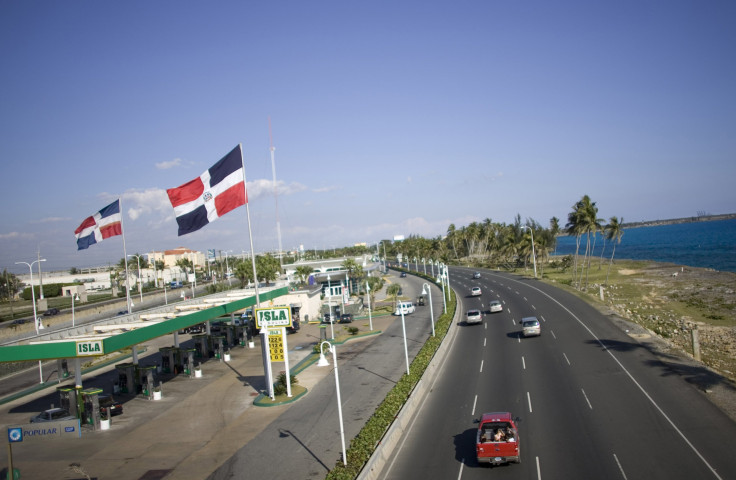This week, the Dominican Central Electoral Board's (JCE) plenary session will convene to examine the proposed Organic Law on the Electoral Regime that the Senate of the Republic passed last week, said reports.
The body's members will discuss and evaluate the legislation approved by the lawmakers at the meeting. The Board members will examine the initiative before giving their opinions.
The meeting is held following the Senate's declaration of urgency and two sessions to pass the bill on Tuesday, Dec. 20.
Under the initiative, which considers punishing aggravated electoral crimes and establishing sanctions for criminal violations, there will be at least two electoral prosecutors in each province, four deputy special prosecutors for the head of the Special Prosecutor for investigation and prosecution of electoral crimes and crimes.
In each of the nation's provinces and the National District, there will be at least two representatives of the Public Ministry from a field that is specialized in electoral affairs, according to Article 312 of the piece, which would amend the existing law 15-19.
The Superior Council of the Public Ministry would appoint such prosecutors following a public election that would be held at least two years before the national elections mandated by the Constitution of the Republic and the Law.
Under the direction and coordination of the Special Prosecutor's Office for the Investigation and Prosecution of Electoral Crimes and Crimes, Provincial and National District electoral prosecutors will be in charge of conducting investigations and bringing cases against those responsible for electoral crimes and crimes.
The Specialized Prosecutor's Office for the Investigation and Prosecution of Electoral Crimes and Crimes will be led by a representative of the Public Ministry, who will have four deputies from the Public Ministry career who have taken part in the public tender, according to the project of the Organic Law of the Electoral Regime.
Article 298 of the Organic Law of the Electoral Regime project defines the figure of aggravated electoral offenses, which would be punished with a prison sentence of 3 to 10 years and a fine ranging from one to ten minimum wages of the public sector.
Among the list of nine aggravated electoral crimes are those who intentionally refuse to include or fail to include in the official ballots for any election, the name of a candidate that must appear on them.

© 2025 Latin Times. All rights reserved. Do not reproduce without permission.



